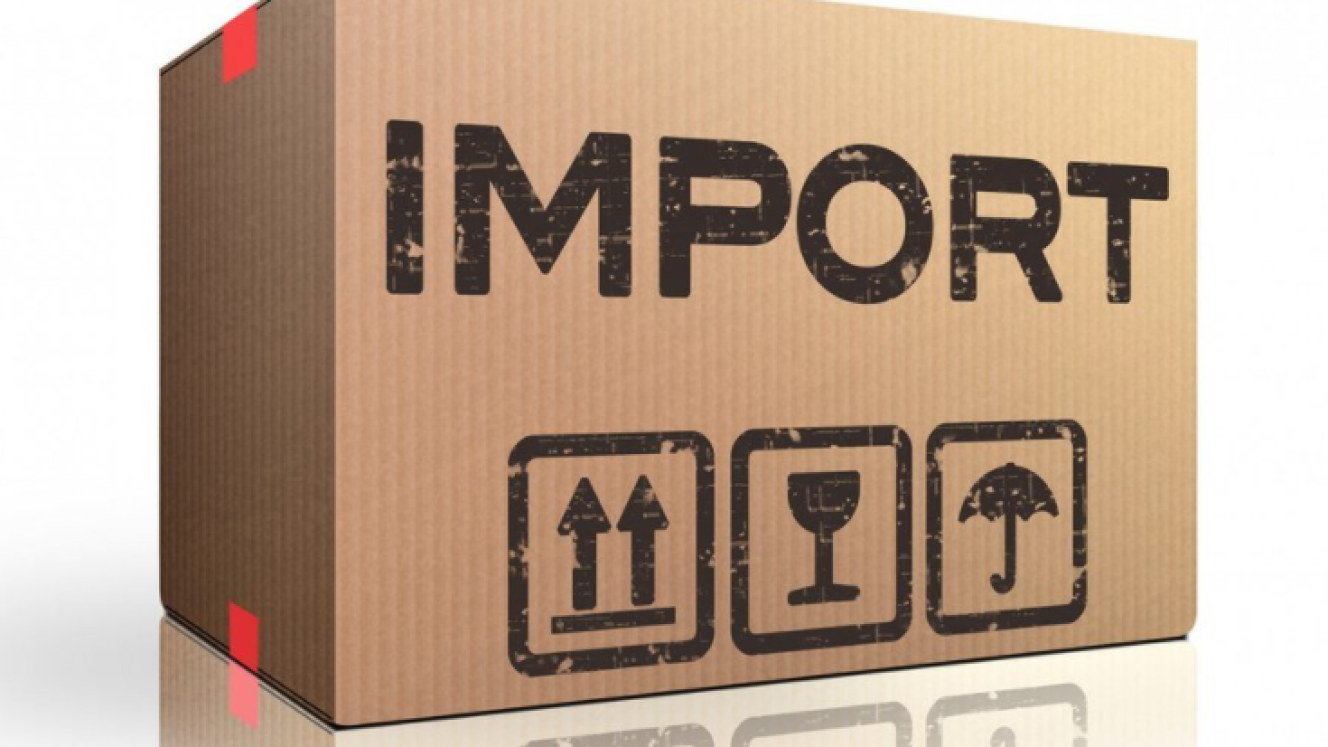By: Customs @ Wylie
When considering importing a product into South Africa, many only think they need to comply with the requirements of the South African Revenue Service (“SARS”) as contained in the Customs & Excise Act 91 of 1964 (“the Act”). These potential importers neglect to consider the requirements of Sars’ ‘Silent Partners’, otherwise known as Other Governmental Organisations, or OGAs, for example the International Trade Administration Commission, National Consumer Commission, and National Regulator for Compulsory Specifications.
The customs division of Sars is an enforcement agency. It monitors imports and exports inter alia, and ensures that both the Act and any other applicable legislation is complied with. Section 113(8)(a) of the Act states that an officer may, for the purposes of any law other than the Act, or at the request of an authority administering the law, detain any goods while the goods are still under customs control.
Customs control is a wide concept and includes goods which are at the port, in a depot, or in the custody of any entity licensed or registered with Sars. In other words, Sars can detain any goods which they suspect were imported in violation of any law if the goods are still in the possession of a registered or licensed entity.
Potential importers considering importing swimming aids, for example, must first confirm with the National Regulator for Compulsory Specifications if the product the importer wishes to bring into South Africa meets the compulsory specifications and whether or not a letter of authority (“LOA”) is required. If an LOA is necessary, it must be obtained before the goods are imported. If it is only applied for after the swimming aids enter South Africa, the goods will be detained by customs and the importer will face storage and demurrage costs until it is in possession of the LOA and is able to take release of the goods. Additionally, the importer may face customs penalties.
With regard to import or export permits issued by the International Trade Administration Commission, if an importer or exporter tries to import or export goods which, in terms of legislation require a permit, and that importer or exporter is not in possession of the required permit, he or she may face criminal prosecution.
It is therefore highly recommended that before importing anything into South Africa, potential importers or even exporters first peruse the Prohibited and Restricted list available on Sars’ website. This list gives a good indication of which items require, for example, a permit, and which entity must be approached for the permit. The list also states which items may not, under any circumstances, be imported into South Africa.
In order to decipher the Prohibited and Restricted list, potential importers or exporters must first establish which tariff code is applicable to the product they wish to import or export. The tariff codes are also available on the Sars website for ease of reference. If unsure of which tariff code is the most suitable for the product, it is best to seek the advice of someone who is familiar with tariff codes since assessing the incorrect tariff code could lead to dire consequences, including Sars seizing the goods because the importer was not in possession of the necessary permit or LOA.
It is best for anyone considering importing anything into South Africa to first do proper research and to prepare a full costing in order to decide if importing that specific product is financially and administratively viable.
Sars has its silent partners, let us be yours.
